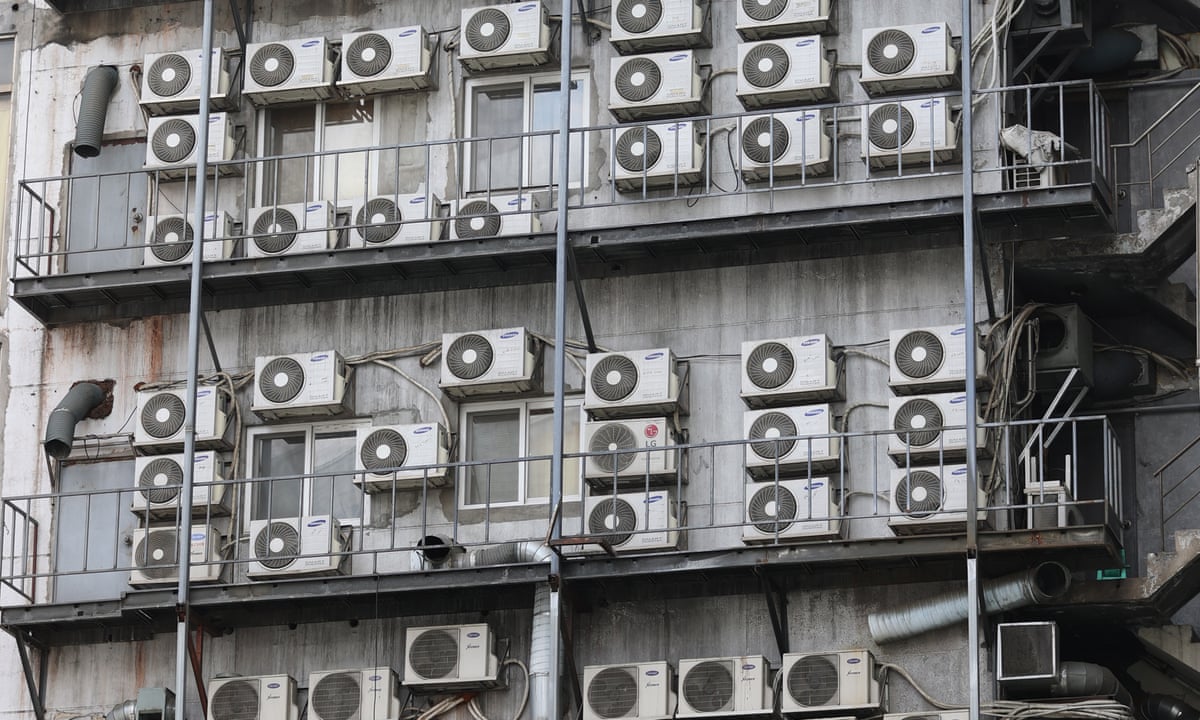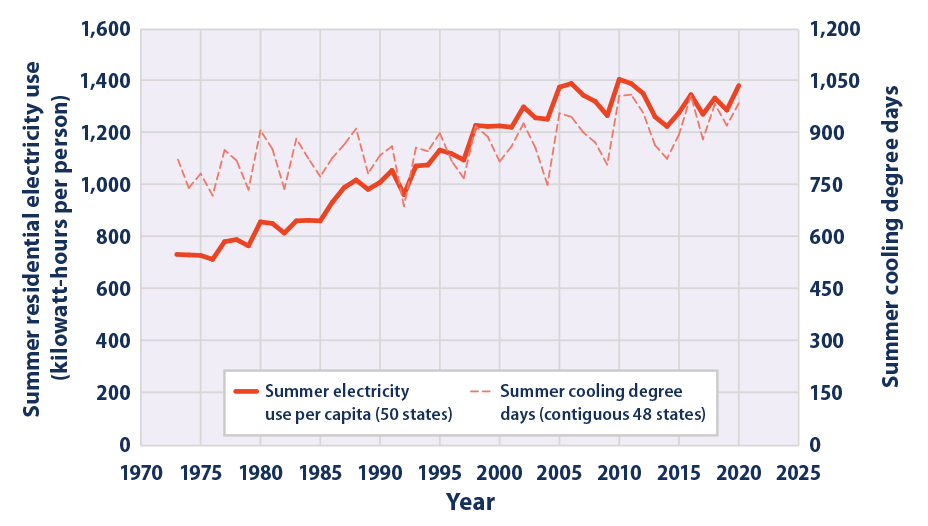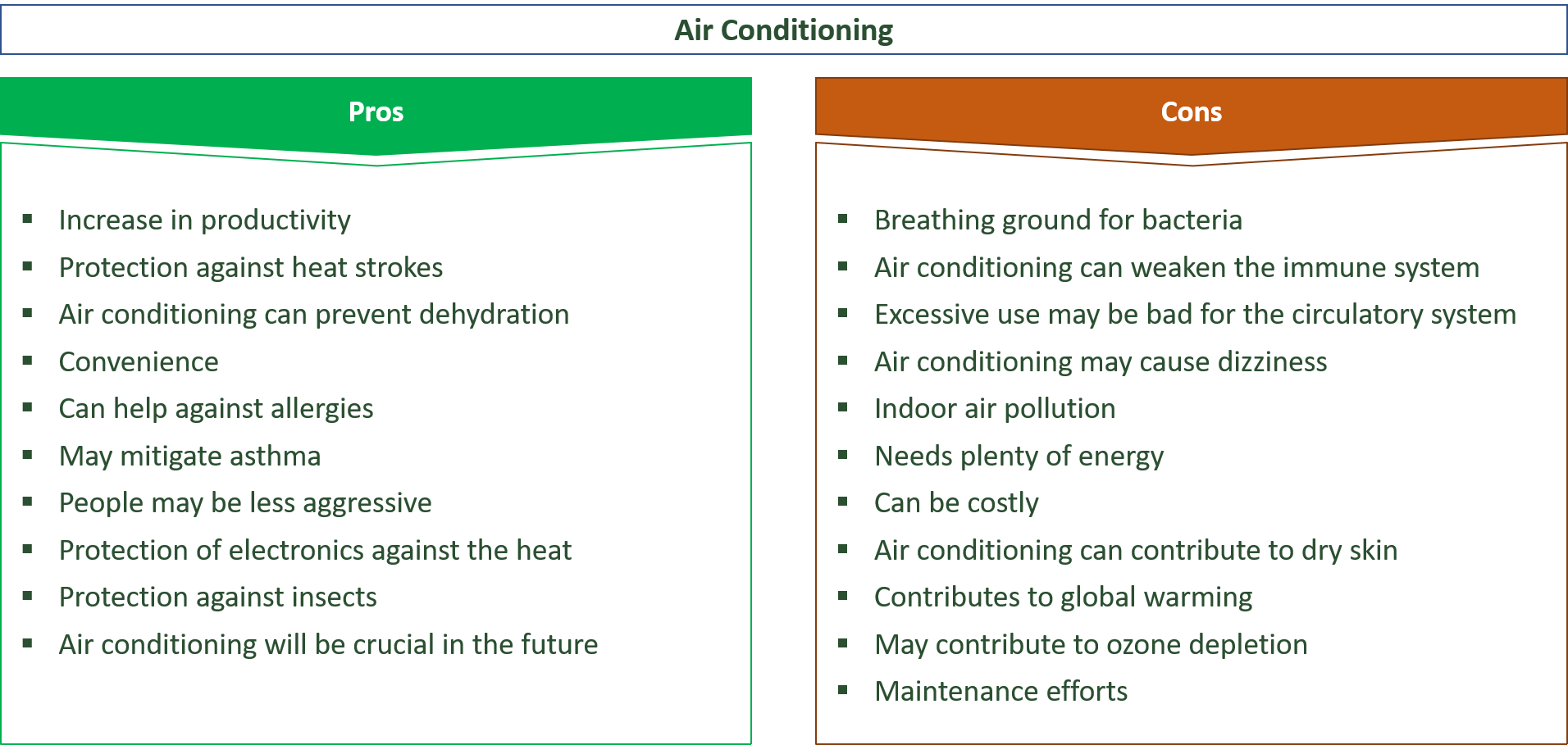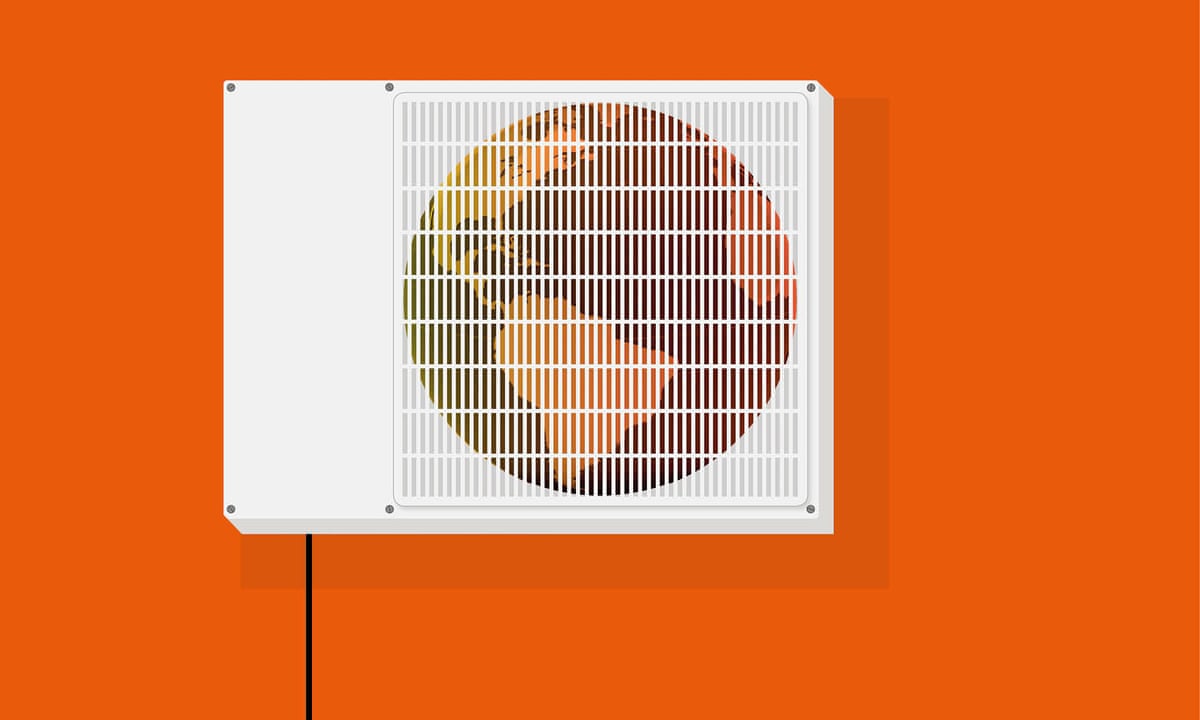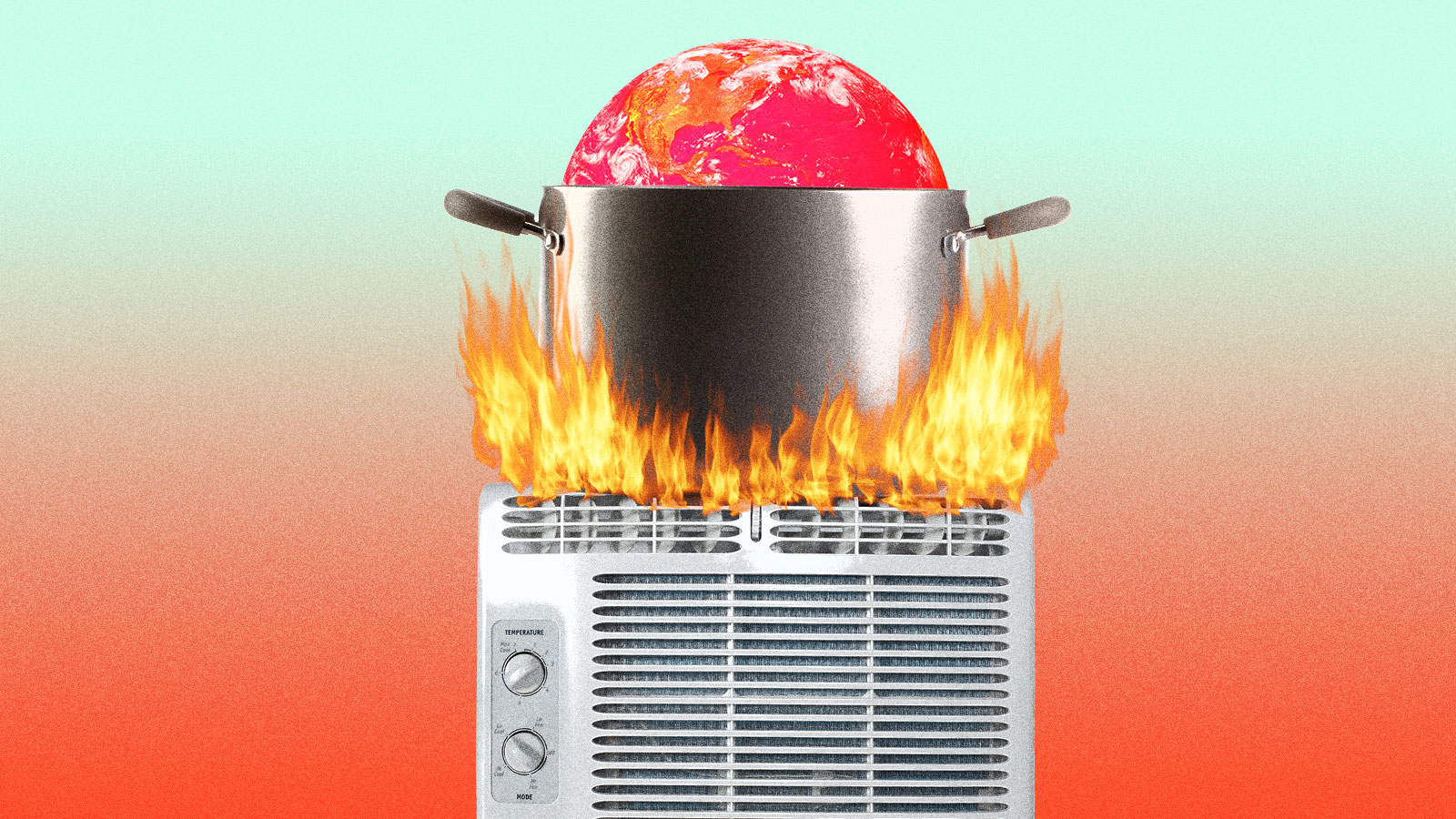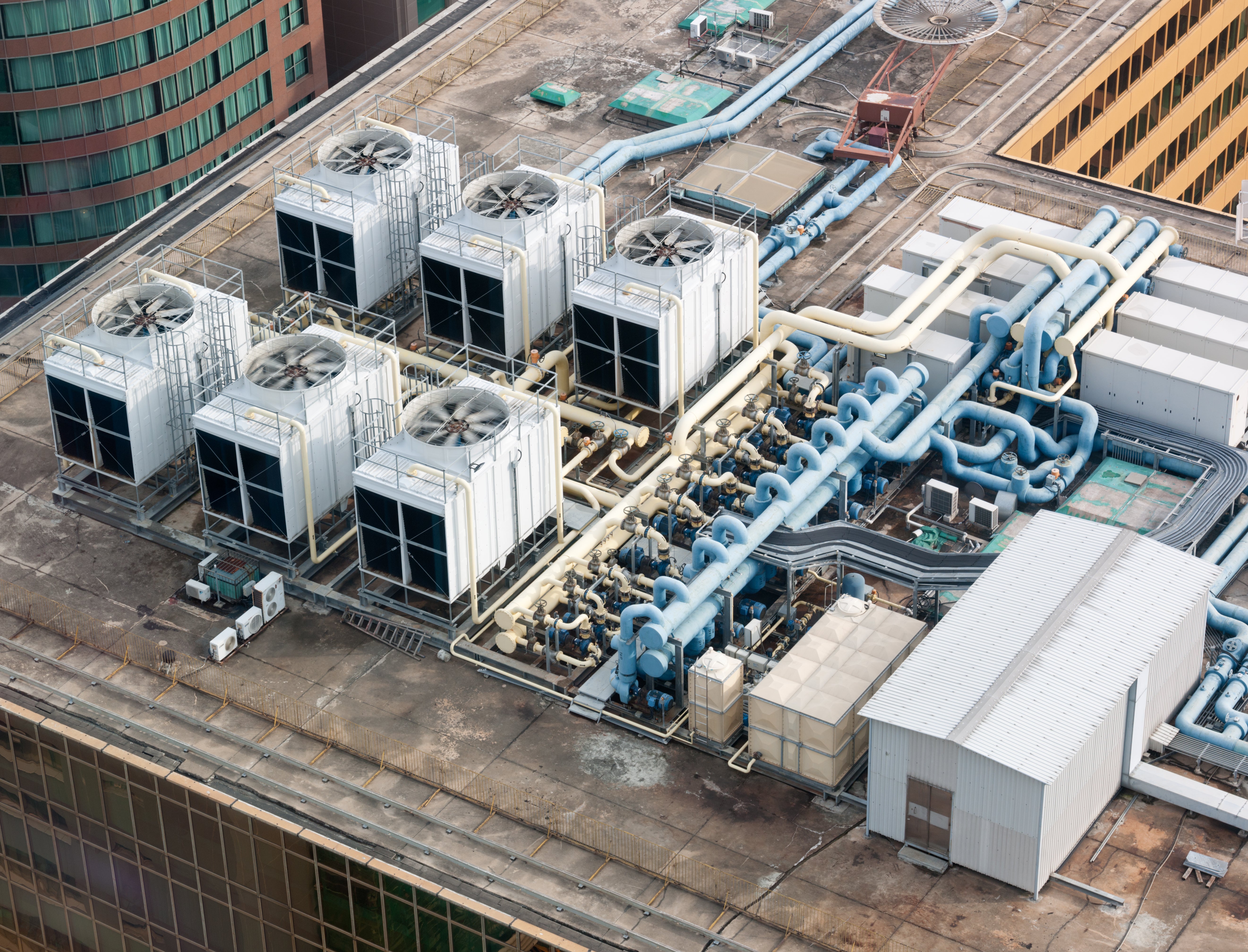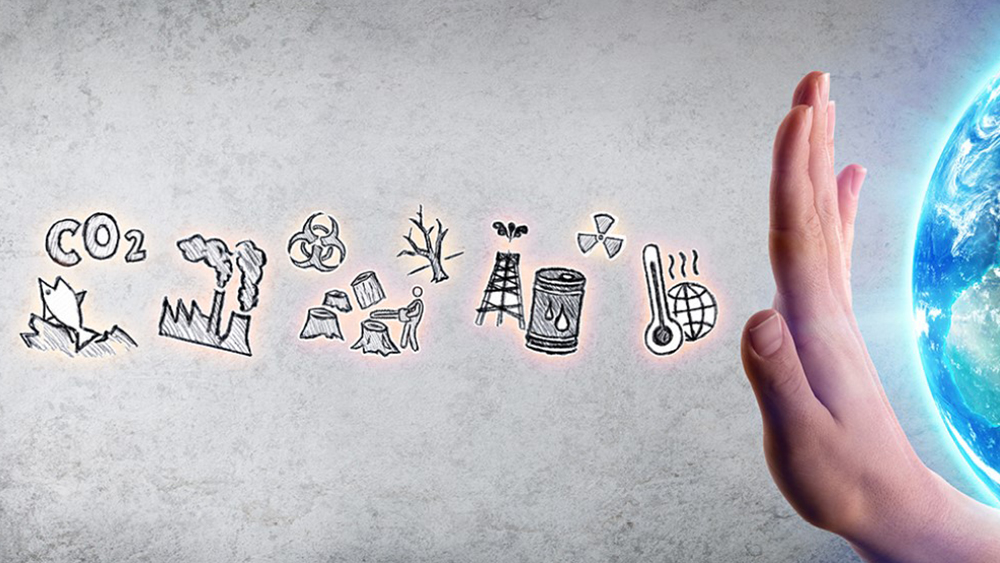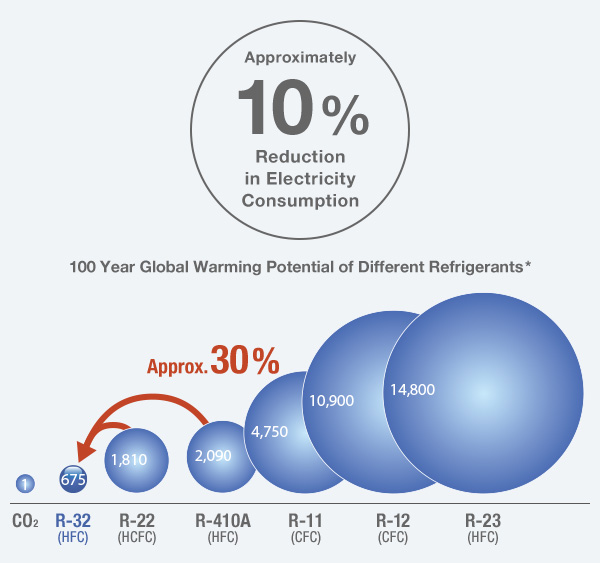
Cooling Your Home but Warming the Planet: How We Can Stop Air Conditioning from Worsening Climate Change – Climate Institute

BY: TATIANA BETANCUR JUAN CAMILO DOMINGUEZ DANIEL TORRES TIPS TO REDUCE THE GLOBAL WARMING EFFECTS. - ppt download

Air conditioning is threatening our ability to tackle climate change. Here's what we need to do | World Economic Forum
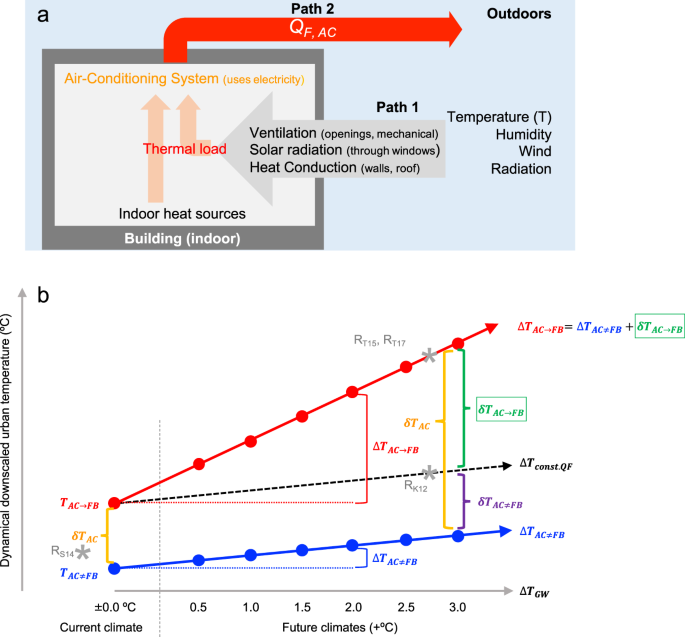
Urban warming and future air-conditioning use in an Asian megacity: importance of positive feedback | npj Climate and Atmospheric Science

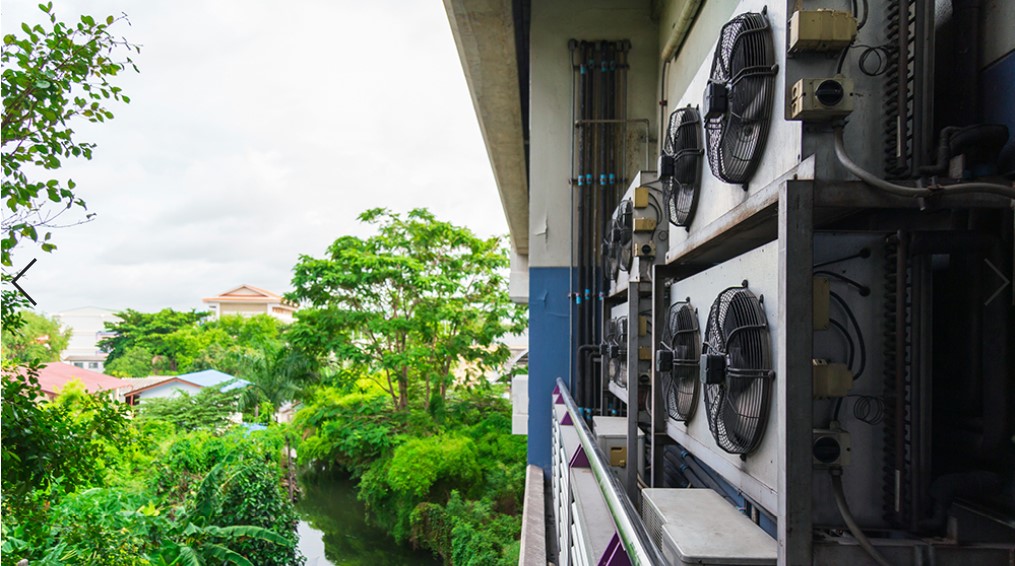

:max_bytes(150000):strip_icc()/how-to-reduce-global-warming-1203897-v2-8f28da468bc8402fbe6a359e519d620b.png)


